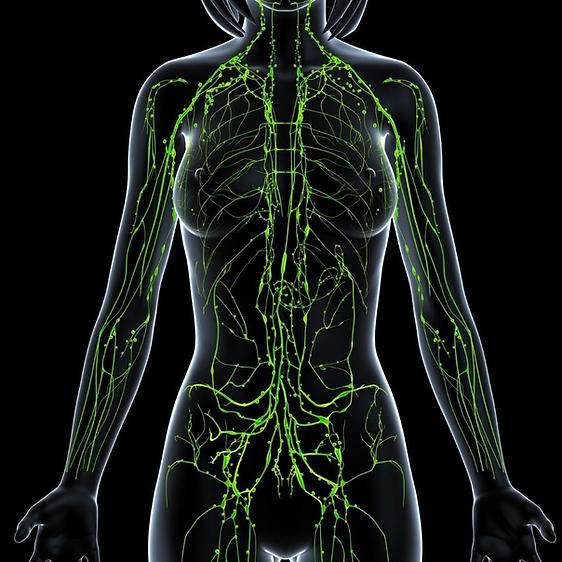What is Biological Terrain Assessment?
Biological Terrain Assessment is the clinical monitoring of the internal biochemical environment of the body to gain an in-depth understanding of the “elements” within the body’s chemistry. This assessment helps to uncover the underlying cause or causes of one’s imbalance or illness, rather than treating a list of “symptoms.” With Biological Terrain Assessment, the body’s cellular pathology can be detected well before the disease physically manifests. Information of this nature can lead to solutions that support and restore one’s overall health.
Background
The theory of Biological Terrain was formulated by Dr. Claude Bernard over 100 years ago. The theory ascertains that illness and disease are primarily caused by imbalances in the body’s interstitial environment. The Biological Terrain or “Milieu Interior” is the interstitial fluid that bathes and nourishes the body’s trillions of cells. The outer wall of every cell, the cell membrane, is permeable to several different elements and consequently allows these elements to flow freely in and out of this membrane.
Nutrients that cells absorb include electrolytes, enzymes, hormones, minerals, vitamins and very small amounts of water. The cell then uses these nutrients to maintain cellular health and to produce energy to fuel the critical actions and reactions of the body. The waste products that result from these cellular reactions are then released back into the Biological Terrain for filtration and removal. When a cell lives in an unhealthy Biological Terrain environment that either lack the proper balance of nutrients or pH, the cell can become unhealthy and fail to function properly. With prolonged exposure to stressful conditions, the likelihood that the cell will lose its strength and develop illness or disease increases considerably.
As a consequence of lowered strength and resistance, the cell becomes more susceptible to the negative effects of microbes and organisms such as bacteria, viruses, parasites yeast, and fungus.


